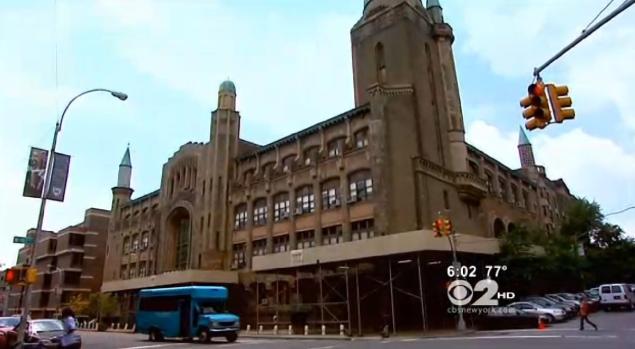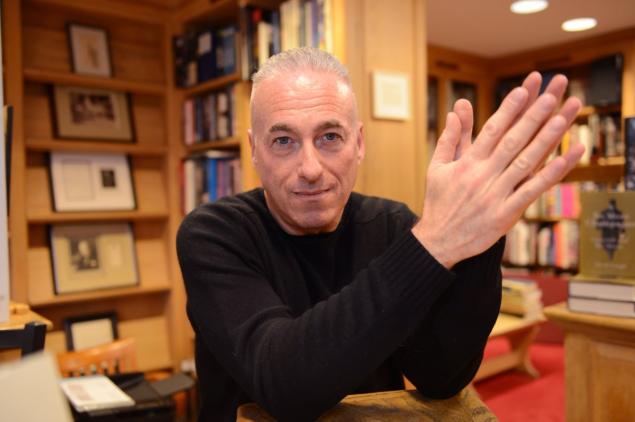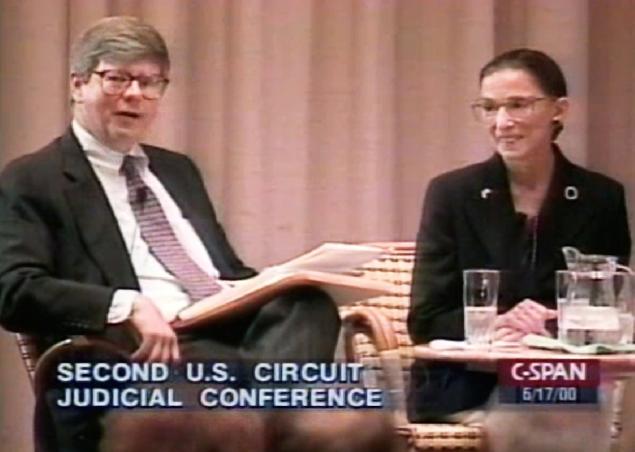Yeshiva University High School Students Whose Sexual Abuse Was Covered up by Administration Want Changes to Statute of Limitations Law
By Michael O’keeffe
They got an apology, but they never got justice. Thirty-four former students at the prestigious Yeshiva University High School claimed in a bombshell $680 million lawsuit that administrators had covered up abuse for decades. One victim claimed Rabbi Macy Gordon, his Judaic studies instructor, sprayed the pain remedy Chloraseptic on his genitals in 1980 and then violently shoved a toothbrush in his rectum, according to court papers. Another claimed he was attacked by Gordon, who attempted to give him a “mishey” — pinning a boy down and rubbing toothpaste on his genitals. A federal judge tossed the lawsuit in 2014 — not because the plaintiffs’ claims against the school in Washington Heights were without merit, but because of a persistent obstacle to justice for child victims of sexual abuse in New York State. The statute of limitations had expired. “We lost for one reason, and one reason only,” said Barry Singer, one of the plaintiffs in the case. “(The school) disputed none of our allegations and we still lost. The only thing to do now is to change the statute of limitations. The statute of limitations protects institutions; it does not protect children.” New York’s statute of limitations bars child victims from pursuing criminal charges or civil litigation after their 23rd birthday. Some of the accusers said administrator Rabbi George Finkelstein targeted them because they were children of Holocaust survivors. He begged the victims not to add to their parents’ suffering by reporting his abuse of students.
In a shocking December 2012 story by The Forward reporter Paul Berger, former Yeshiva University President Norman Lamm acknowledged he failed to notify authorities after students told him they had been sexually abused at the school. School officials quickly offered what they called a “profound apology.” Attorney Kevin Mulhearn, who represented the plaintiffs, said the statute of limitations provides institutions such as Yeshiva University High with a playbook on how to dodge responsibility in sexual abuse cases. “Keep the abuser on the staff and hope it all blows over,” said Mulhearn, who has also represented sexual abuse victims at Poly Prep Country Day School in Brooklyn and the Horace Mann School in the Bronx. “Hope the victims don’t file a report with police or file a lawsuit. Run out the clock until the victim turns 23. I can’t think of a more horrific scenario.” Singer, who attended Yeshiva University High School from 1972 to 1975, says Finkelstein abused him several times, sometimes in front of other students. During one incident, according to court papers, Finkelstein grabbed Singer from behind, pushed him over a stairway railing and groped him under his waist. The administrator claimed he wanted to make sure Singer was wearing tzitzis, knotted ritual fringes required by Jewish law. Finkelstein also forced Singer to wrestle with him several times — and “humped” the student as Singer fought off his advances, the papers say. Singer says he struggled with intimacy as a result of the abuse, which he blames in part for his recent divorce. He is distrustful of organized religion and the lawsuit says his relationship with his parents deteriorated because they believed he abandoned Judaism.
“I have been in therapy for years,” he said. “I’d like to be compensated for what I have spent on therapy.” A spokesman for Yeshiva University High School declined to comment Wednesday. Finkelstein and Gordon could not be reached. Mulhearn based the lawsuit on Title IX, which prohibits educational institutions that receive federal aid from engaging in sexual discrimination, harassment or abuse, and argued the clock on the statute of limitations began ticking when Singer and other plaintiffs learned the high school had covered up decades of sexual abuse. Mulhearn and Singer both said Manhattan Federal Judge John Koeltl was hostile and dismissive when they appeared in court. “He was offended we were asking for justice,” said Singer, 58, who operates a Midtown rare books shop. “I thought, ‘What happened to you as a child?’” Koeltl, who declined to comment for this story, dismissed the case in 2014, agreeing with the high school’s attorney that the statute of limitations had long expired in the case. Mulhearn filed an appeal with the 2nd Circuit U.S. Court of Appeals, but a three-judge panel agreed with Koeltl. Mulhearn argued in court papers filed March 18 that the judges agreed that Koeltl had erred — and instead coached the school’s attorney to attack his Title IX argument instead of simply arguing that the statute of limitations had run out. Singer said that even though his case is most likely over, he supports the Child Victims Act, the bill that would eliminate the statute of limitations in sex abuse cases, because it will provide relief to future victims. “I really think the state legislators who are blocking this should be brought up on obstruction-of-justice charges,” he said.
|
.
Any original material on these pages is copyright © BishopAccountability.org 2004. Reproduce freely with attribution.


